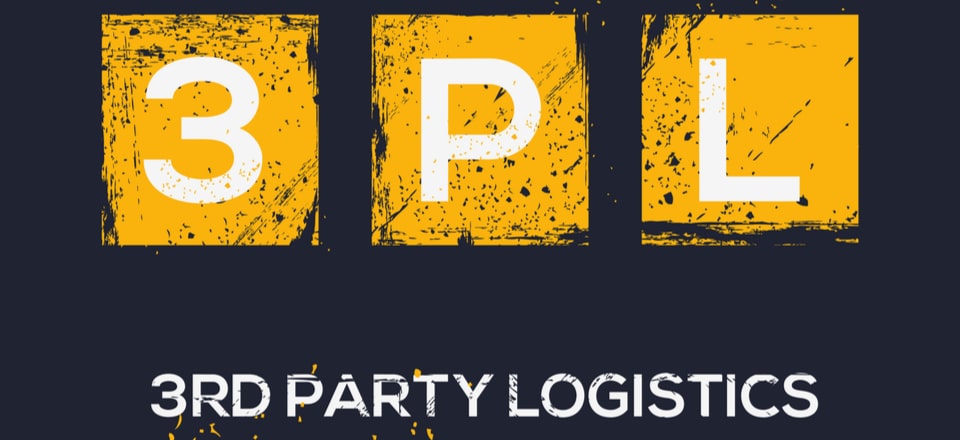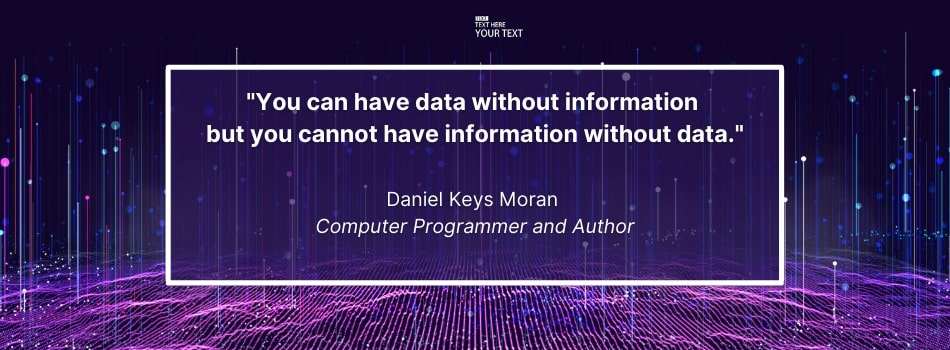Third-party Logistics (3PL) companies are often accused of providing such poor service that their relationships with clients break down.
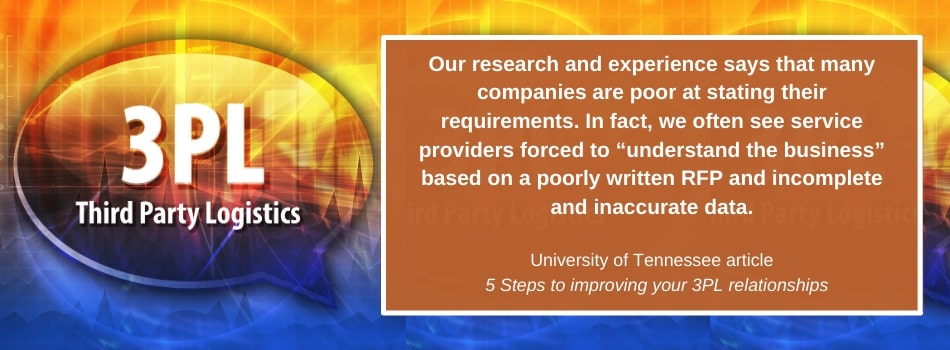
In reality, though, there’s a host of reasons why 3PL relationships turn sour—and very often the blame can be laid at the door of the client.
Let’s take a look at three typical client issues that can easily send a 3PL relationship off the rails.
Fix These Issues to Improve Your 3PL Relationship
1. Failure to Communicate
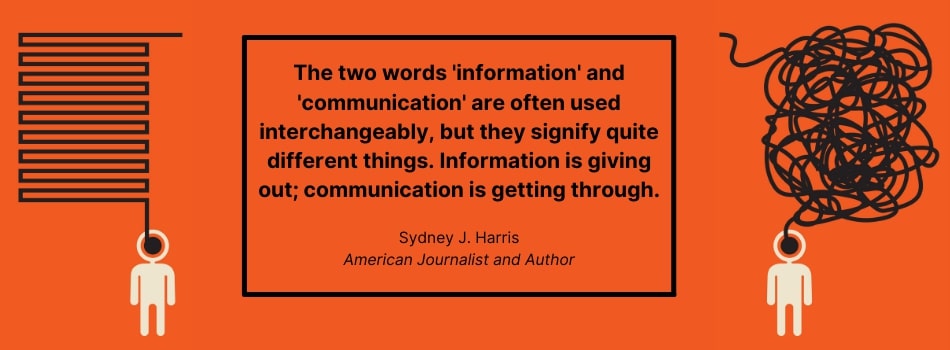
When you go to the market for 3PL services, are you being clear about what your service expectations are?
As you’re going through the RFP/RFT process, you need to ensure absolute clarity, so the bidding 3PLs understand the specific outcomes you seek from your logistics outsourcing. First and foremost, communication and clarity of expectations are very important.
Make sure that you provide lots of detailed information about your products and customers so that the bidders have a full understanding of the operation to be outsourced.
Right from the start, make sure that you state very clearly:
- The elements of your operation that are to be outsourced
- What your expectations are
- How you plan to measure the contract
- The KPIs that you are going to use
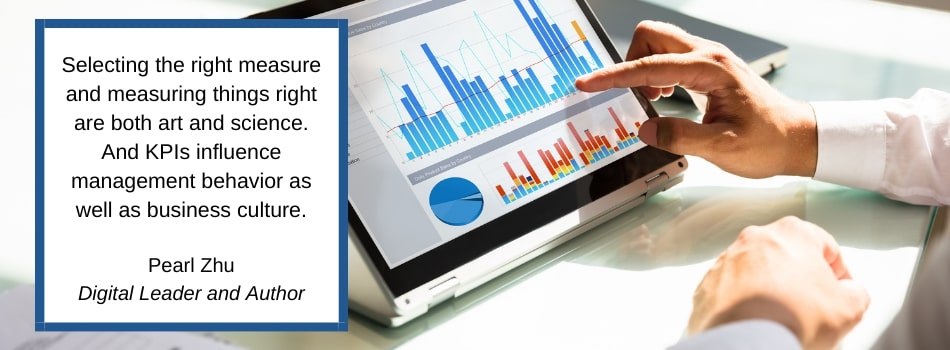
Be upfront about how you want the relationship to work, and I would suggest that you include a draft contract during the bidding process.
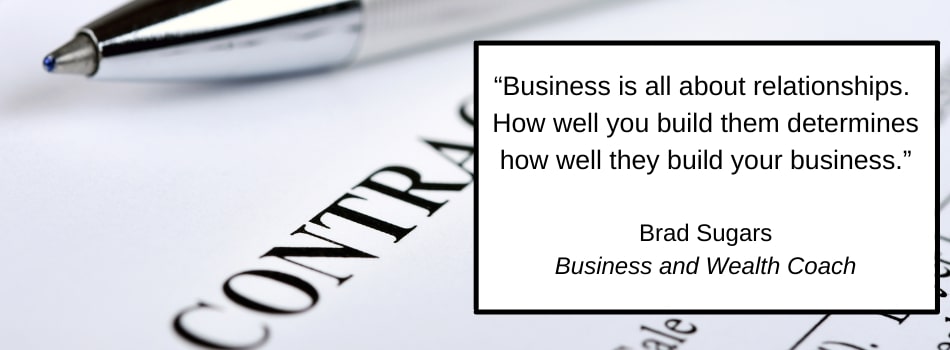
What to Include in a Draft Contract
The draft contract should set out:
- How you want to manage the relationship contractually and commercially,
- All of the KPIs that you expect to be measured,
- The targets that you want to achieve.

Maybe you also want to think about some sort of gain share or bonus mechanism to negotiate into the contract. Perhaps you want to set some minimum targets that you want to be met. If the 3PL drops below those, it has to rectify the situation. If it consistently reaches above those targets or comes up with some improvement programmes to reduce costs, you might want to offer a bit of a bonus or a profit share.
2. Failure to Share Data
Another major issue is that people don’t share data enough. When I see 3PL relationships going off the rails, 55% to 65% of the time it is because accurate data wasn’t being shared sufficiently from the outset.
As an example, we are currently helping a couple of clients with 3PL issues, and I can tell you that the problem in both cases stems from a lack of accurate data, particularly around the product master.
Think about it: you’re going to the market to invite 3PLs to resource and cost warehousing or perhaps a transport operation for you. One of the key things for them to understand is what they are going to be storing and moving. It’s critical, therefore, that you provide them with:
- A list of all the weights and dimensions of your products
- A very accurate product master that specifies the dimensions of all the cartons and the pallets. It should also specify how many items on a pallet and the weights.
This information will be essential for the winning bidder to design storage spaces and pick slots in readiness for commencement of the contract.
When it comes to freight, the 3PL needs to know how many pallets are going to be moved and what their weights are, as that will have an impact on the freight rates. They need to decide if they will charge you by cube or by weight.
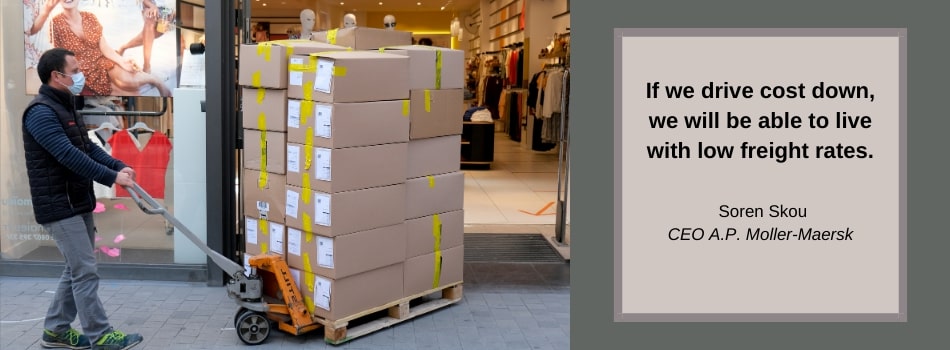
Accurate data, I believe, is the secret to ensuring a good 3PL relationship right from the start.
3. Failure to Share Enough Information on Operations
Very often people don’t share enough information about their operations, particularly when it comes to disclosing any negative aspects. For example, I’ve seen a case where there were 12% returns on a product but that fact was left out of the information pack.
That’s a huge problem because a lot of labour resources and time is needed to receive all the returns, sort them, and put them back to stock.
If you haven’t disclosed things like returns, or perhaps kitting, do you think the 3PL is just going to accept it? No, you’re going to be hit with additional charges.
So, it’s very important that you explain the whole operation, back to front, including all of the little intricacies and things that could go wrong.
I can’t stress enough that you need to provide very accurate data—not just relating to the product master but the transaction files as well. Imagine trying to design a warehouse operation and working out what are the picking methods and how many people you need for the picking when you don’t have accurate transaction data.
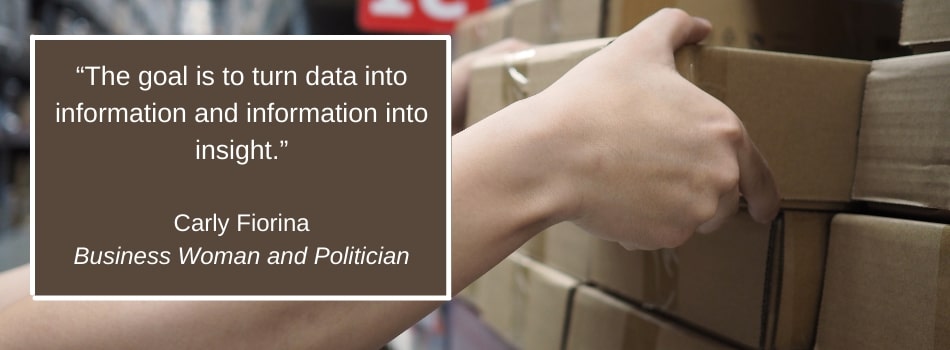
Every time the 3PL’s warehouse operatives go to a picking location, they have to know how many batches are being picked, how many lines per order, the distribution order size—what’s the maximum, what’s the minimum?
The Key to a Good 3PL Relationship
When it comes down to it, a good 3PL relationship can only be built on openness. It’s about a willingness to share:
- Information
- Data about your products
- Transactions
- Your customer base
I’m not Saying that it’s Always the Client’s Fault!
Just to be clear, I believe that the 3PL is often to blame for the poor service it provides. It can be that it is too eager to win a new contract. Maybe it didn’t want to ask too many questions or request more detailed data.
Think about it. A 3PL is in a competitive situation. It doesn’t want to put the client offside and risk not winning the contract.
However, I think the onus is on the client to provide as much information as possible. If you’re a smart 3PL, on the other hand, you’re going to ask a whole lot of questions when you see gaps in the information and data that your client makes available.
Lump it, Don’t Dump It
What I tell people is that if you’ve got problems with a 3PL relationship, don’t immediately dump it. It’s a little bit like a marriage: you need to work at it. It will pay off in the end and, if both parties get it right, the result could be a long and satisfying working relationship for everyone.
This subject is also covered in a Supply Chain Secrets YouTube video, which is well worth watching because it includes greater detail and additional explanations.
What? You didn’t know about our YouTube channel?
We already have 31.2k subscribers, who all get to watch a new video every week, covering everything from basic supply chain and logistics tips and insights to the latest trends in this ever-developing industry. You could join them by subscribing to the channel. It’s free and it’s fun.
Editor’s Note: This post was originally published on April 04, 2021, under the title “Why 3PL Relationships are Fraught—And How to Manage Them” on Logistics Bureau’s website.

